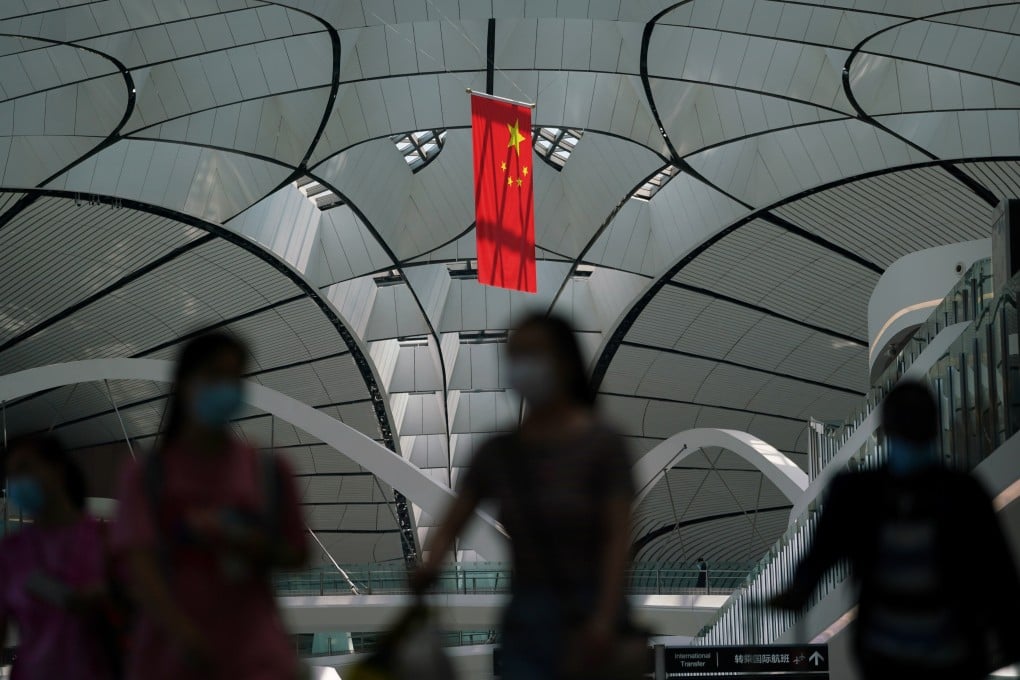China’s rich face million dollar question: stay and risk losing assets, or face the coronavirus abroad?
- The number of rich Chinese moving abroad to safeguard their financial assets has grown in recent years
- Concern about asset seizures has stoked enquiries about obtaining foreign citizenship, immigration consultants say

While some affluent Chinese would like to emigrate to escape a perceived harsher environment for private entrepreneurs at home, they are increasingly reluctant to do so – at least in the next few years – because of concern about the coronavirus pandemic in popular destinations abroad, consultants and businesspeople say.
Many are conflicted and feel under pressure given changing rules in China and around the world: move now and risk infection, or delay and risk assets being seized by the government in what is perceived to be a campaign against private businesspeople.
“All of a sudden, policies could change in any sector – fintech, financing, energy and entrepreneurship – and we private companies that might be forced to make adjustments,” said Ken Liu, a Zhejiang-based senior executive of a foreign trading firm. “It requires us to rethink the risks in the future for what we own and how to protect it.”
For many wealthy Chinese, the aim is to gain residency in a second country to safeguard family and financial assets, while keeping China as their primary place to live and work. But the pandemic has complicated the calculation.